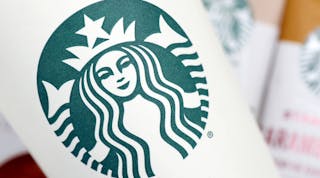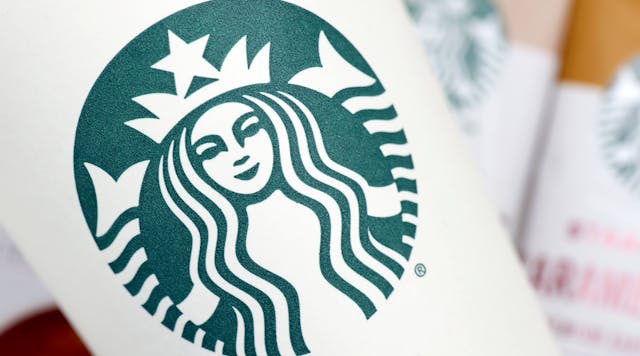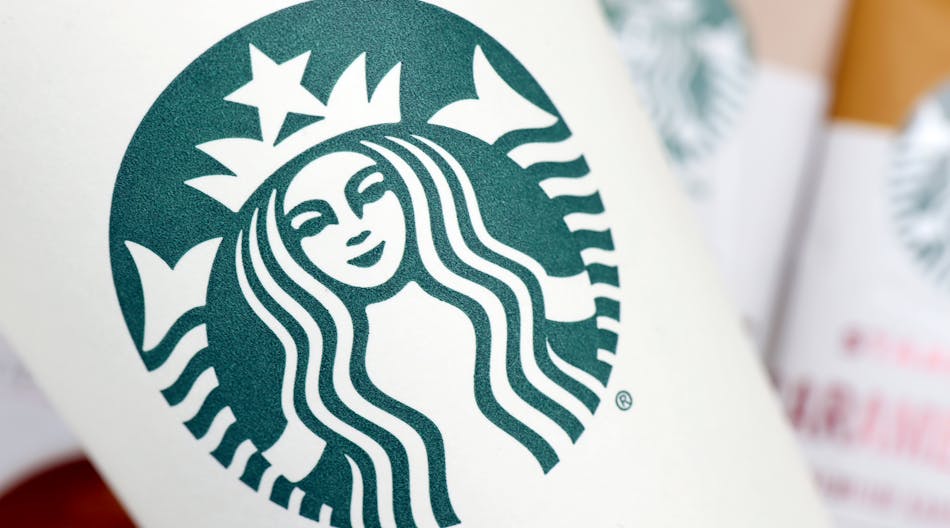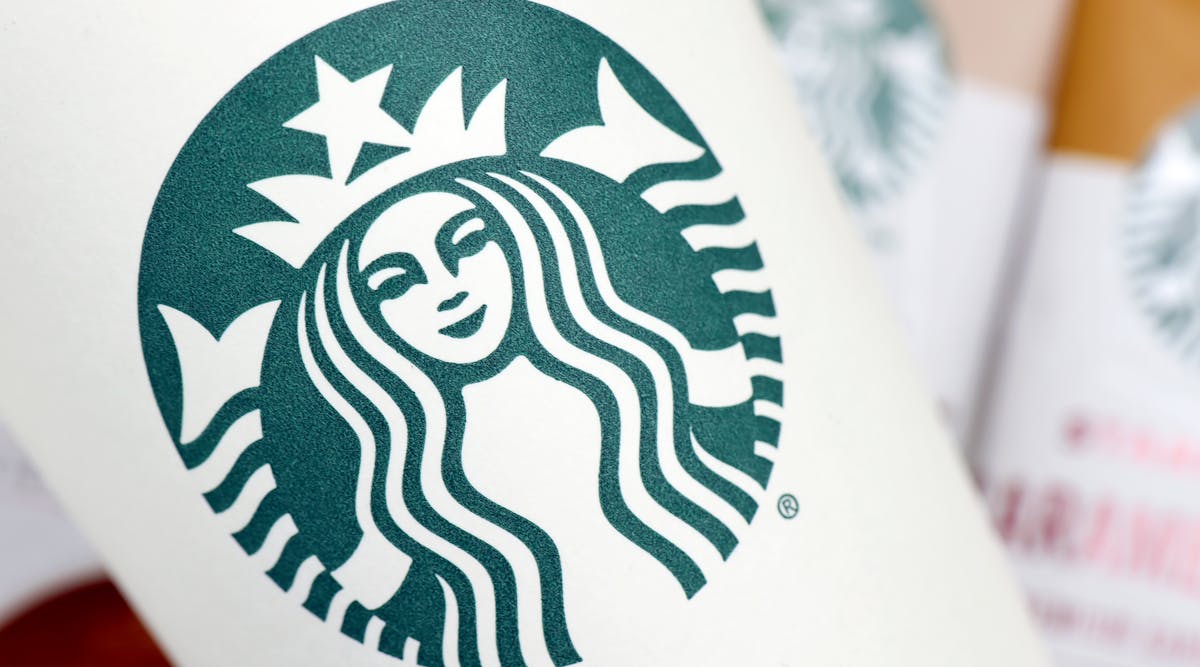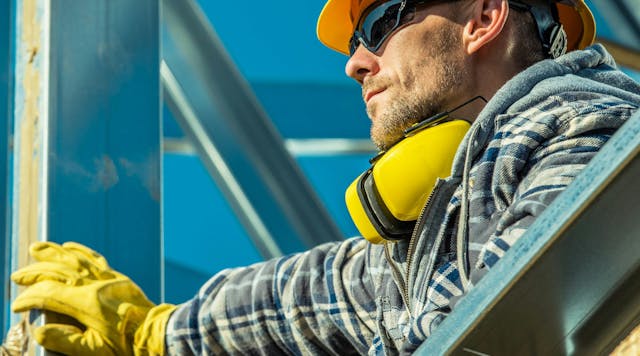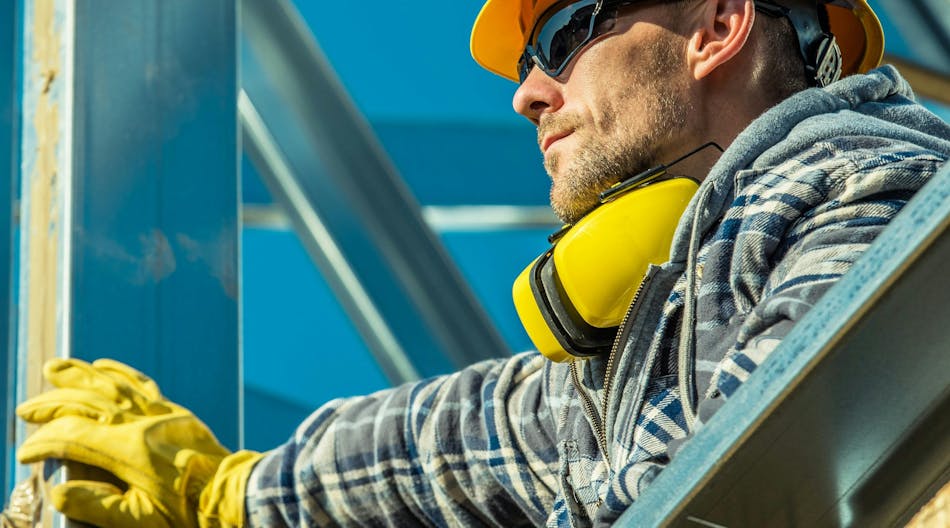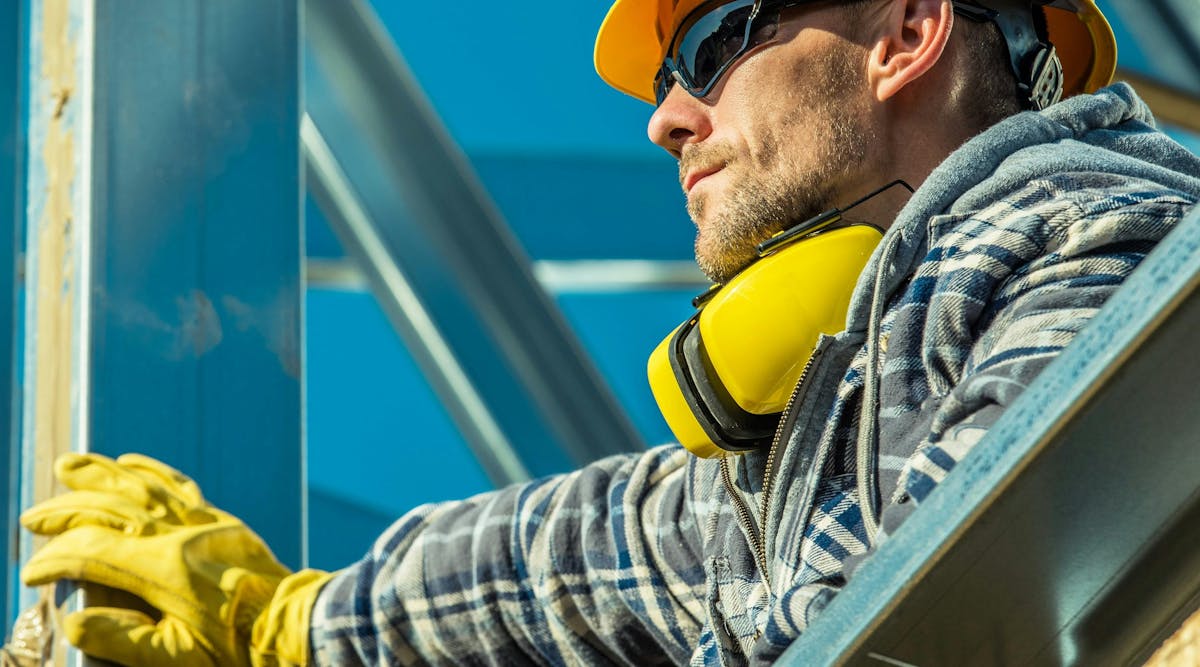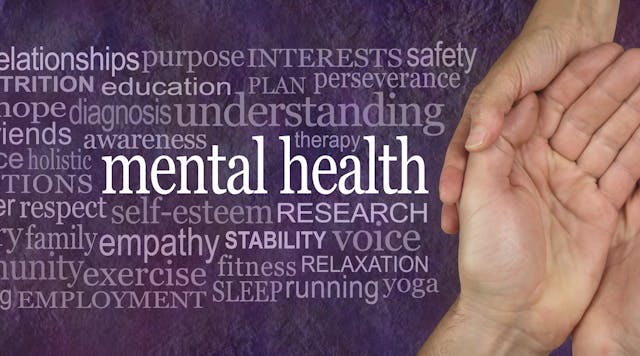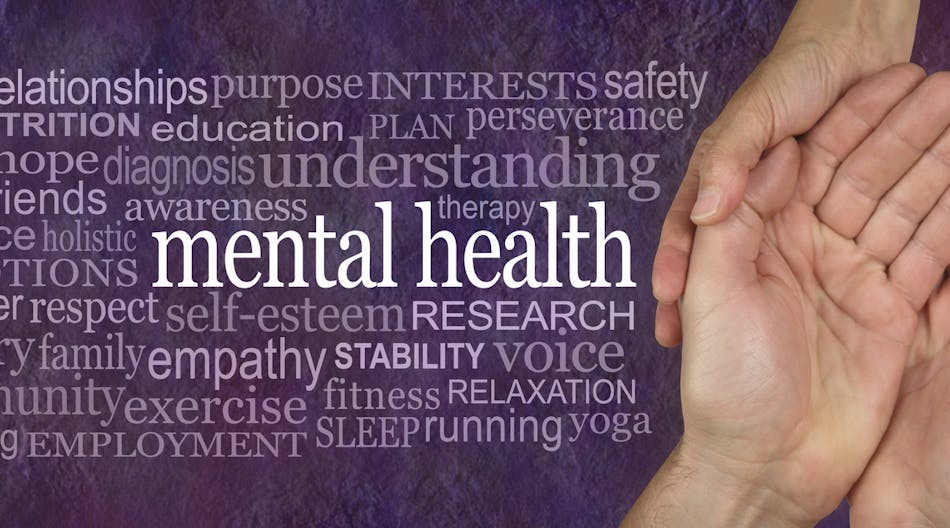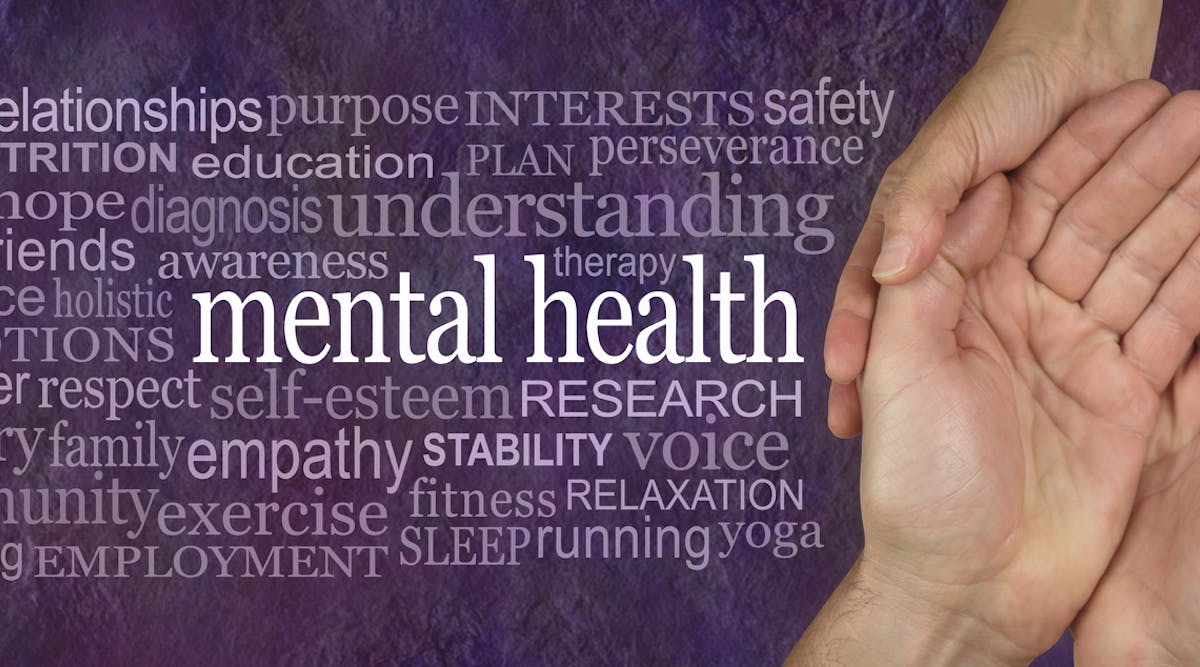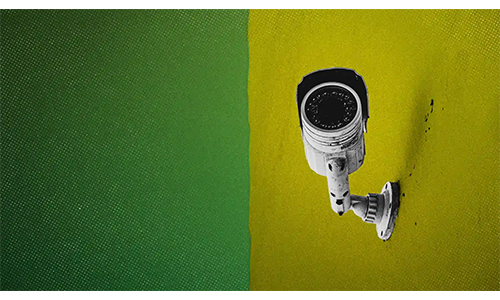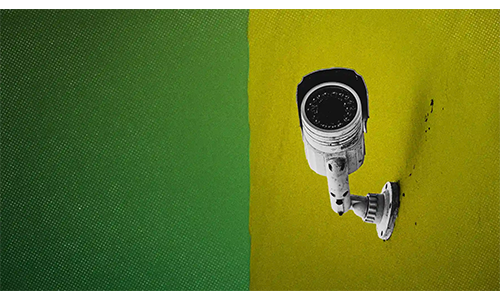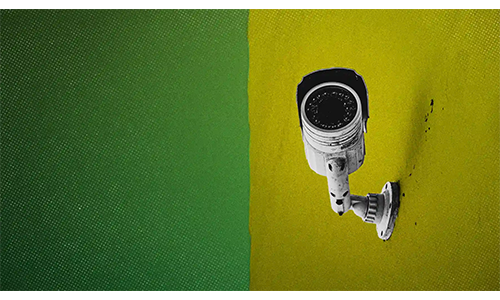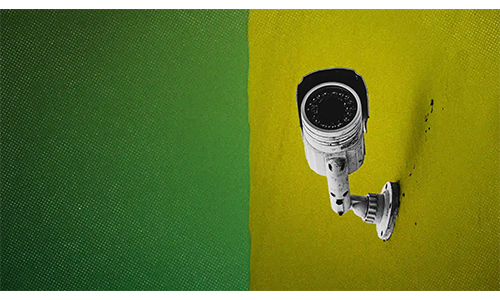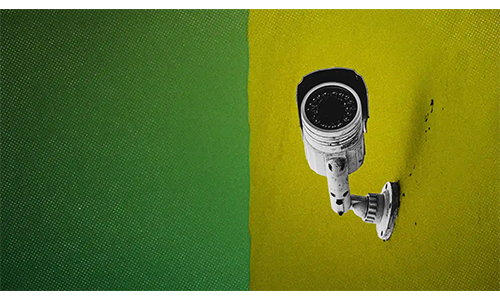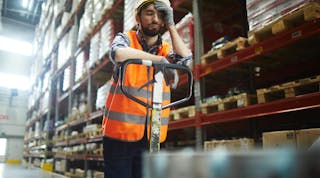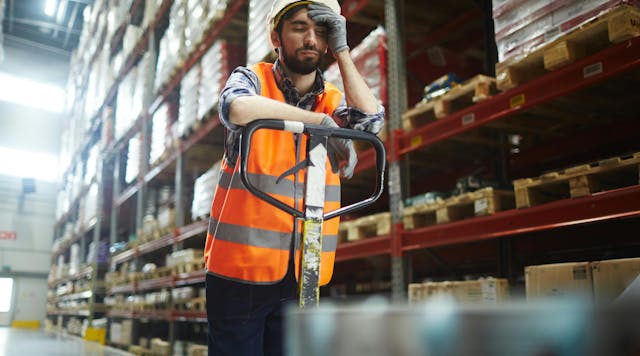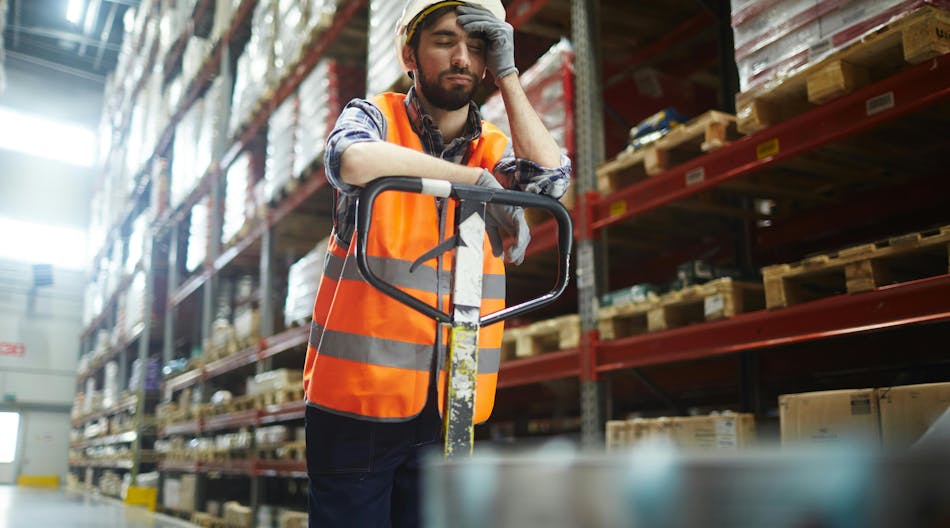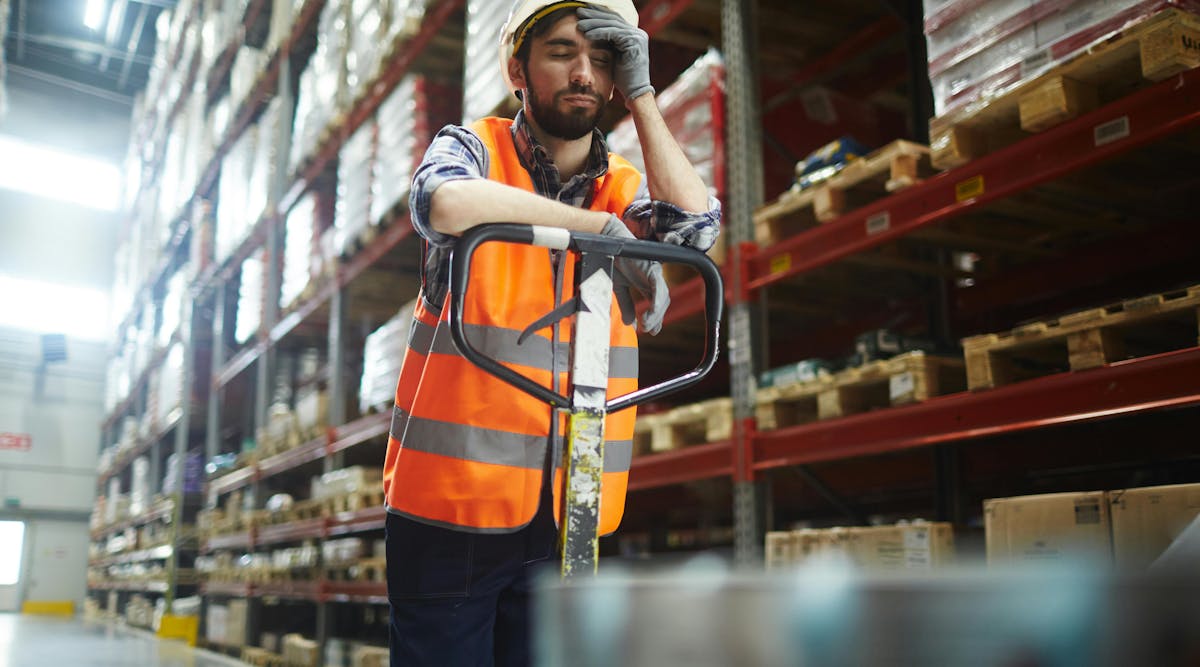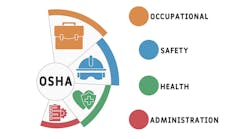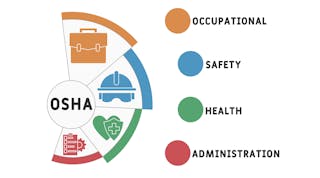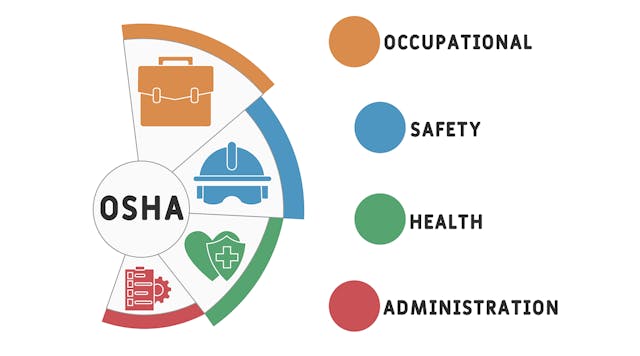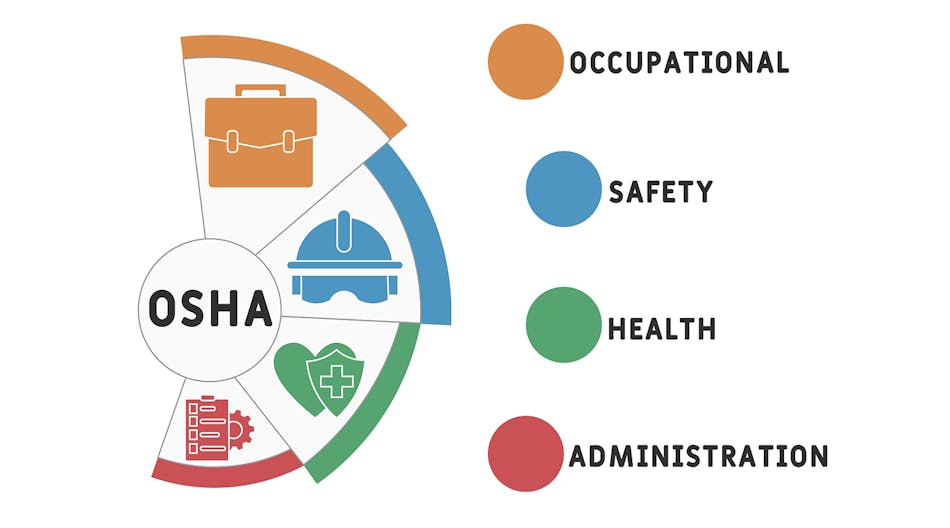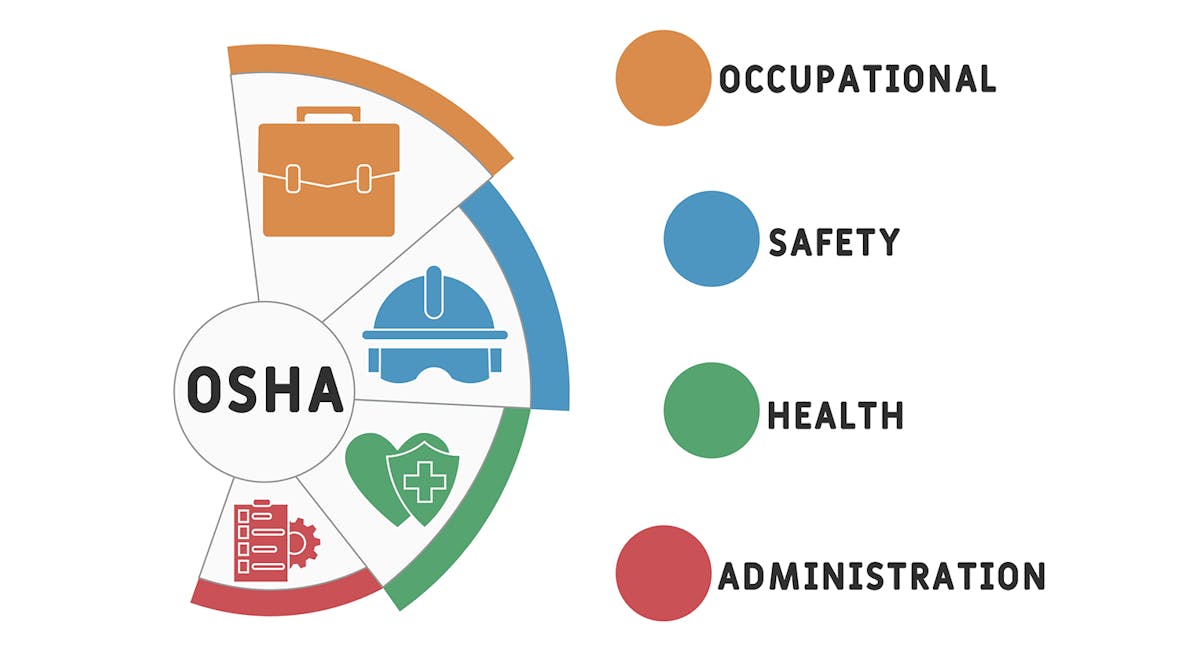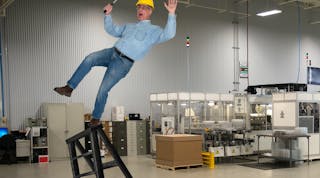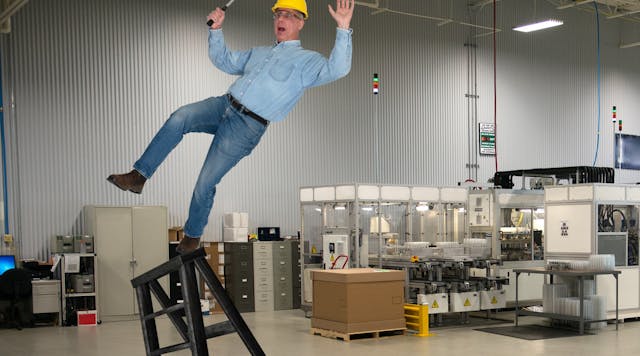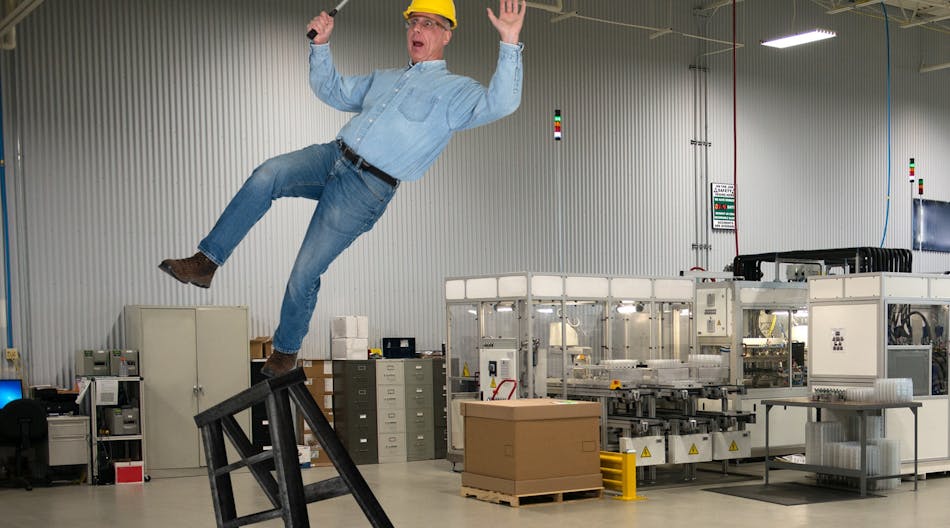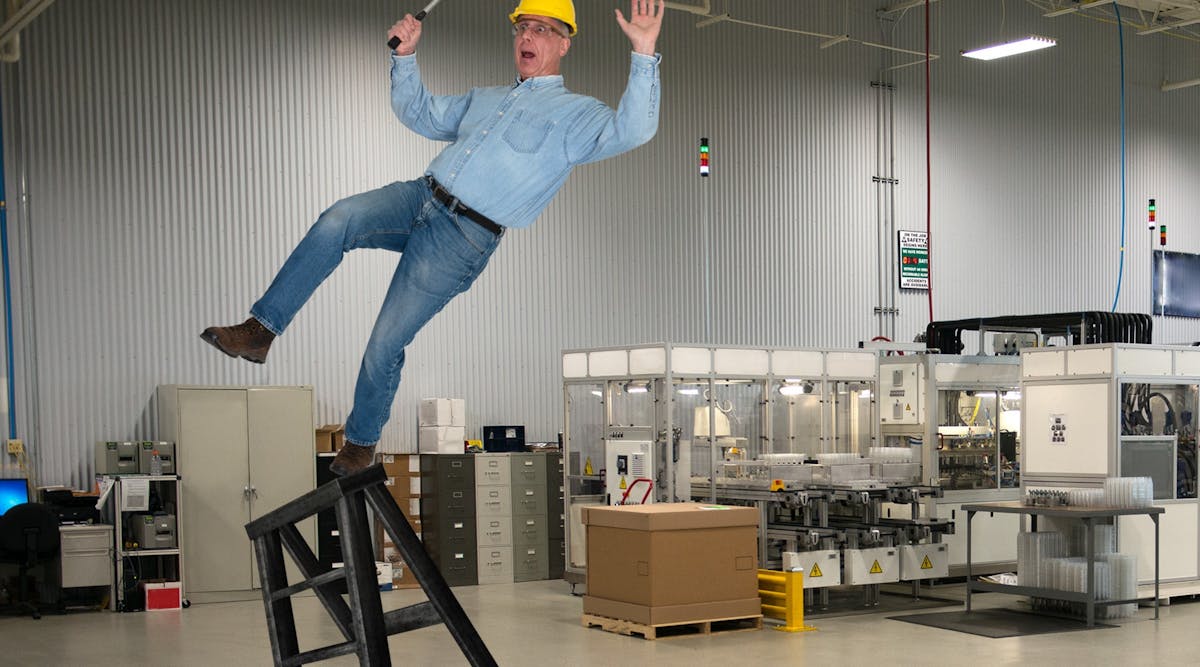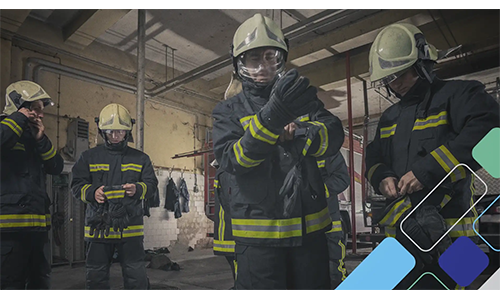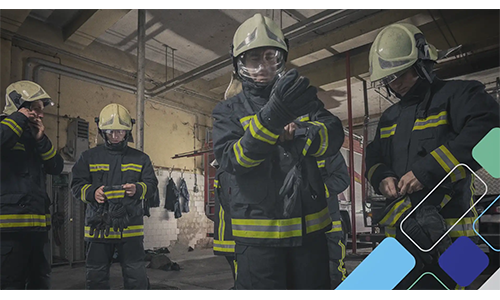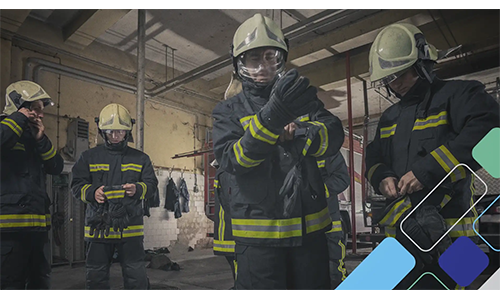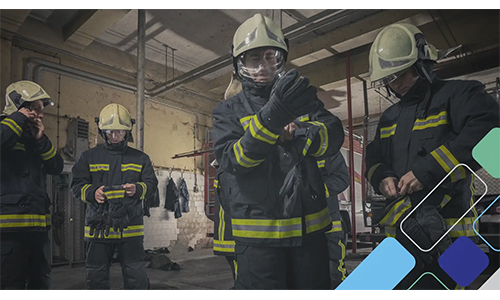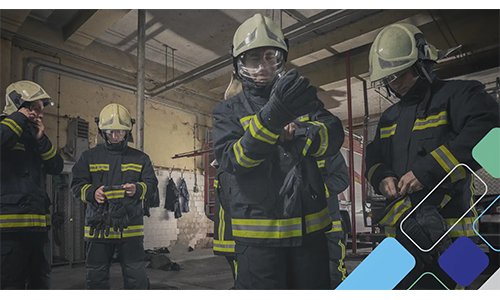Starbucks, the world’s largest coffeehouse chain, announced that it would close 16 of its more than 15,000 stores in the U.S. later this month because of safety concerns. The Wall Street Journal reports the company will close six stores in Seattle; six stores in Los Angeles; two stores in Portland, Ore.; one store in Philadelphia; and one store in Washington, D.C.
In a letter to employees dated July 11, Starbucks executives write that the decision, and others, are the result of listening to employees’ challenges and concerns.
“You’re also seeing firsthand the challenges facing our communities—personal safety, racism, lack of access to healthcare, a growing mental health crisis, rising drug use, and more,” write Debbie Stroud and Denise Nelson, senior vice presidents of U.S. operations. “With stores in thousands of communities across the country, we know these challenges can, at times, play out within our stores too. We read every incident report you file—it’s a lot.”
Stroud and Nelson’s letter details specific actions Starbucks will take in the coming weeks to help employees feel safer at work. This includes:
- Holding safety training for employees, including how to de-escalate situation, active shooter training and mental health first aid trainings.
- Developing policies and procedures that address when to call 911, how to engage local community resources or social services to support customers in need, protest preparedness and more.
- Designing stores that feel safe and welcoming. When needed, Stroud and Nelson write stores can adjust their “formats, furniture layouts, hours of operation, staffing and other site-specific solutions like restroom occupancy sensors, new alarm systems, Lyft at work, or partnering with local Outreach Workers.”
- Modifying operations when safety is no longer possible. This includes closing a restroom—a reversal of a 2018 policy that made restrooms available to anyone, not just customers—or even a store permanently.
- Providing benefits to support workers’ mental health such as Lyra sessions and Headspace, paid sick time and free counselors at stores following an event.
- Providing benefits to support workers’ emotional and financial safety such as assistance with college tuition, fertility treatments, adoption, access to abortions or gender affirming procedures, DACA fees and other benefits such as paid parental leave and catastrophe pay.
Howard Schultz—who is reprising his role as CEO for a third time while a permanent replacement is found following Kevin Johnson’s retirement—also penned a note to employees July 11. He acknowledged the “unprecedented cultural division and economic trauma” that affects workplace safety.
But Schultz also acknowledged that Starbucks needs to change to serve its customers and be successful in the future. His letter outlined the company’s reinvention plan, along with new programs and initiatives, which will be announced in the coming weeks.
Some employees were critical of corporate’s decision to close, saying they weren’t consulted beforehand.
“We think it is not fair that we were not allowed to be a part of this decision about our working conditions, nor for Starbucks to claim they could not provide a safe experience for our workplace,” said Mari Cosgrove, an employee at one of the Seattle stores that is closing, to the Associated Press.
Others were quick to point out that three locations slated to close had voted to unionize or were in discussions to take a vote. Starbucks also closed a store in Ithaca, N.Y. due to operational problems just weeks after it voted to unionize, Fortune reports.
CNN reports that as of late June, the National Labor Relations Board had certified unions at 133 Starbucks stores, with elections underway at scores of other stores. Starbucks and Schultz have long opposed efforts to unionize.
A Starbucks spokesperson told the Associated Press that the closures weren’t related to unionization.
“Opening and closing stores is part of our business operations,” the spokesperson said. “This is really rooted in safe and welcoming stores.”

